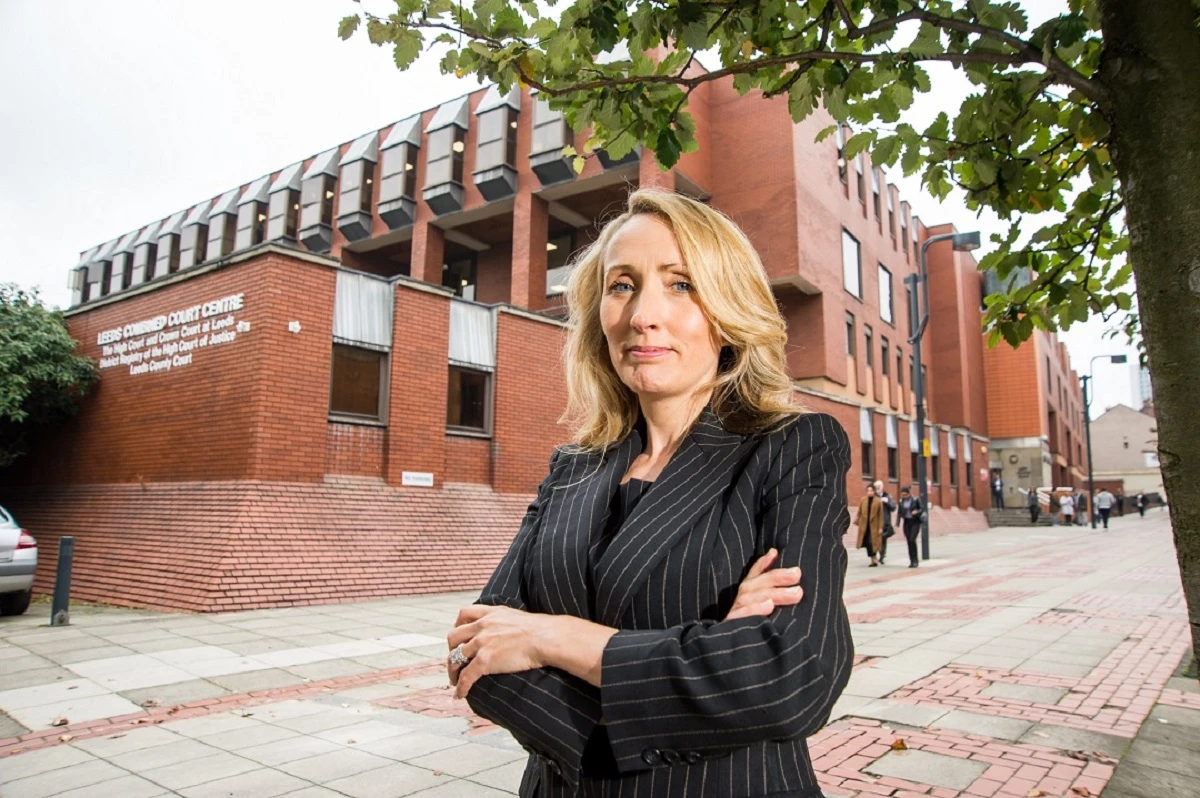
Partner Article
R3 responds to March insolvency statistics
• Corporate insolvencies increased by 39.4% in March 2022 to a total of 2,114 compared to February’s total of 1,517, and increased by 111.6% compared to March 2021’s figure of 999. They were also 71.2% higher than in March 2020 (1,235).
• Personal insolvencies increased by 17.2% to 11,530 in March 2022 compared to 9,836 in February and were 5.3% higher than March 2021’s figure of 10,953. They were also 47.2% higher than in March 2020 (7,832).
Eleanor Temple, chair of insolvency and restructuring trade body R3 in Yorkshire and a barrister at Kings Chambers in Leeds, responds to today’s publication of the March 2022 corporate and individual insolvency statistics for England and Wales:
“The increase in corporate insolvencies in March was driven by an increase in the number of Creditor Voluntary Liquidations (CVLs), a procedure initiated by directors of insolvent firms to close their company, which were almost 40% higher than the previous month.
“This suggests that many company directors have seen the increasingly difficult short-medium term economic prospects as something they won’t be able to overcome - and have closed their companies ahead of time.
“The figures reflect the challenge businesses in England and Wales continue to face. They have gone from trying to trade through a global pandemic to trading while the costs of fuel and energy rise, and while staff are concerned about whether their wages can cover the increased costs of living. Both firms and individuals have barely had time to draw breath.
“And market conditions are far from ideal. While spending is higher than it was this time last year and in 2019, rising inflation has meant people are spending the majority of their money on general living costs.
“Consumer confidence is low as people are concerned about their finances and the future of the economy, and with inflation rising, they’re reluctant to make major purchases. This is a situation which looks unlikely to change in the near future.
“Turning to the personal insolvencies, the monthly increase is being driven by a rise in Individual Voluntary Arrangements and Debt Relief Orders (DROs).
“The increase in DRO numbers can largely be attributed to the widening of the eligibility criteria for this procedure introduced at the end of June 2021, which has led to a greater number of people being able to deal with their financial difficulties through this procedure.
“The crossover between the end of the pandemic and the increases in energy, fuel and food has hit personal finances in England and Wales hard.
“Credit card borrowing has increased and savings levels have dropped as people attempt to cope with the rising cost of living, and while unemployment levels are falling, wages have failed to keep pace with inflation.
“And with no sign that price rises are likely to slow for some time, the situation could be set to become more challenging as the year goes on.
“We urge anyone who is worried about their finances – business or personal – to seek advice as soon as possible. Talking about your money worries is one of the most challenging conversations you’ll have, but having it earlier gives you more options, more time to take a decision about your next move and potentially a better outcome than if you’d waited till the problem had become more serious.”
This was posted in Bdaily's Members' News section by Emma Kilmurray .
Enjoy the read? Get Bdaily delivered.
Sign up to receive our popular Yorkshire & The Humber morning email for free.








 Raising the bar to boost North East growth
Raising the bar to boost North East growth
 Navigating the messy middle of business growth
Navigating the messy middle of business growth
 We must make it easier to hire young people
We must make it easier to hire young people
 Why community-based care is key to NHS' future
Why community-based care is key to NHS' future
 Culture, confidence and creativity in the North East
Culture, confidence and creativity in the North East
 Putting in the groundwork to boost skills
Putting in the groundwork to boost skills
 £100,000 milestone drives forward STEM work
£100,000 milestone drives forward STEM work
 Restoring confidence for the economic road ahead
Restoring confidence for the economic road ahead
 Ready to scale? Buy-and-build offers opportunity
Ready to scale? Buy-and-build offers opportunity
 When will our regional economy grow?
When will our regional economy grow?
 Creating a thriving North East construction sector
Creating a thriving North East construction sector
 Why investors are still backing the North East
Why investors are still backing the North East